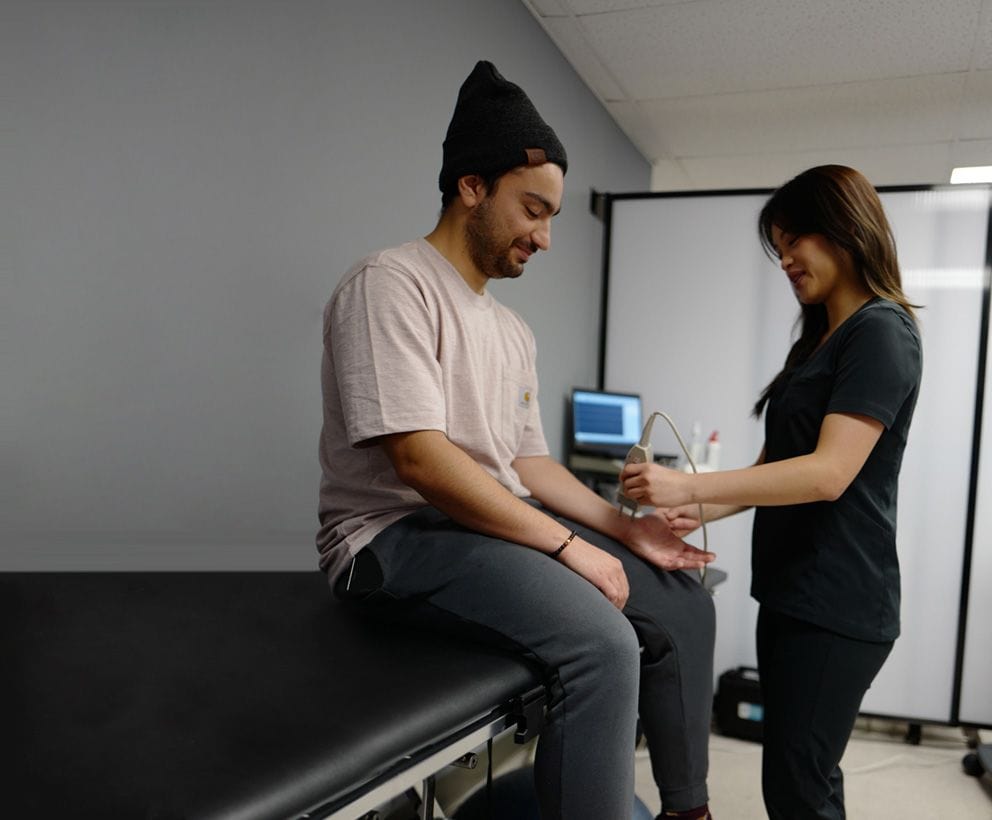Dr. Minh helped me control my excessive sweating, after moving to California I noticed I would sweat a lot more while I ate or I would sweat when it got a little bit warm outside. Dr. Minh pointed out how this was related to the nervous system and how there might be improper messages being sent to my thyroid. Once I started to regularly see Dr. Minh this problem definitely went away along with the many digestive issues I had. Dr. Minh is very detail oriented and understand the brain very well, I highly recommend him!
– Michael L.

